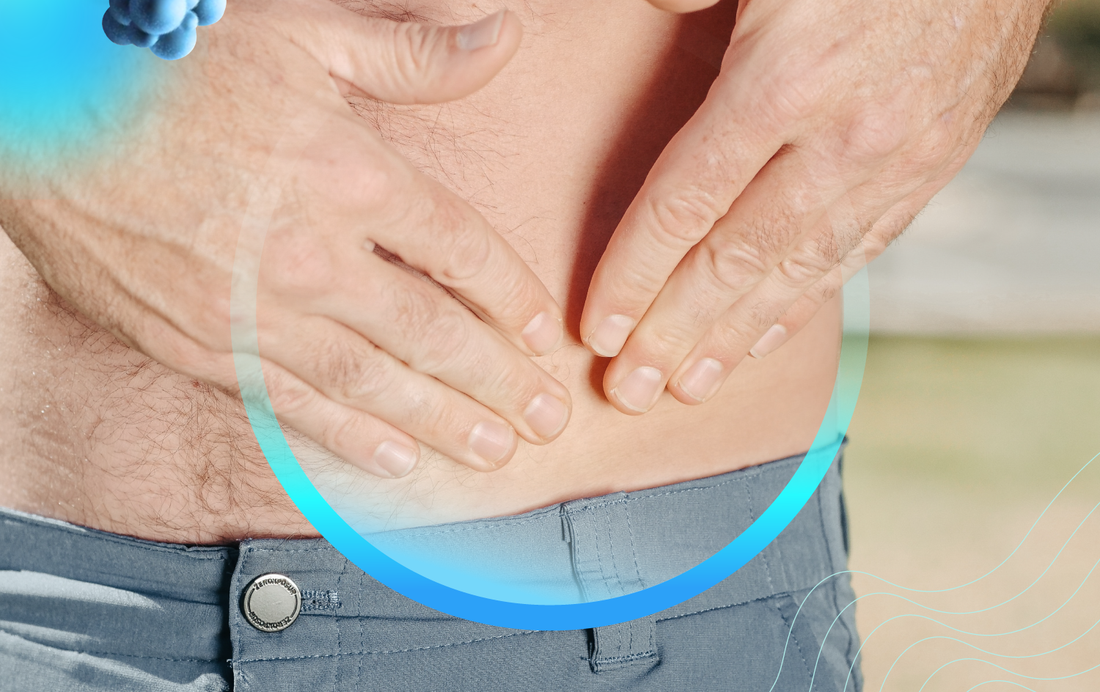
The Gut-Liver Axis: How This Bidirectional Connection Influences the Health of the Microbiome and the Liver
Share
The Gut-Liver Axis
Liver detoxification has become quite the buzzword in the world of health and wellness. The liver is an important organ for detoxification of the body, and it works alongside other organs, like the gut and kidneys, for overall system detoxification.
Located in the upper right portion of our abdomen, beneath the ribs, the liver is the only solid organ that regenerates to 100% of its original organ-to-body weight ratio after acute injury or partial surgical removal. Pretty amazing!
This solid organ is responsible for a variety of important actions in our body, including:
- Receives, stores, and metabolizes vitamin A, vitamin D, and vitamin E
- Produces proteins and carrier molecules for hormones in the body
- Produces clotting factors
- Breakdown of hormones for proper disposal
- Active thyroid hormone conversion
- Detoxification of toxins, xenobiotics, and drugs
- Filters our blood along with the kidneys
- Stores energy in the form of glycogen and fats
- Production of bile, which is necessary for digestion and absorption
- Regulator of metabolism and hormones
And, while the liver performs these important independent functions, it is also heavily affected and influenced by other organ systems, particularly the gut. This occurs via the “Gut-Liver Axis—a bidirectional communication between the liver and the gut where each influence and affect the other. So, a healthy gut contributes to a healthy liver, and vice versa.
How Does the Gut Influence the Liver?
Studies document that over 60% of the blood entering the liver comes from the gut. If a person is experiencing a leaky gut, endotoxins—toxins released from certain types of bacteria in the gut—enter the bloodstream and then travel to the liver. So, ensuring that our gut barrier is airtight will help to prevent further damage to the liver.
One common disruptor of the gut barrier is alcohol. In patients with and without liver disease, studies find that acute alcohol consumption results in circulating endotoxins in the blood stream. Alcohol already wreaks havoc on the liver directly, so maintaining a healthy gut can potentially reduce additional liver damage. Although the liver naturally maintains a large amount of immune cells to ensure a balanced mechanism for neutralizing potential damaging compounds from the gut, studies show that when the liver is in a compromised state, as seen in different liver diseases, bacteria-related components from the gut can worsen liver damage.
Increased intestinal permeability is not only seen in alcoholic liver disease but also in non-alcoholic fatty liver disease. Patients with liver diseases tend to have a higher prevalence of small intestine bacteria overgrowth as well as intestinal dysbiosis. Intestinal bacteria also play a role in the progression of liver diseases. In animal models, when mice are given antibiotics to wipe out their intestinal bacteria population, researchers did not find the same associations with liver disease progression, indicating just how influential gut bacteria are on the liver.
So How Does the Liver Influence the Gut?
The liver exerts its influence on the gut primarily through bile acids. Bile acids are made from cholesterol in the liver and are deposited into the intestinal tract. These acids help us absorb fats and vitamins from our food. They are also important for helping to maintain bacterial balance in the gut by influencing the production of antibacterial chemicals.
Bile acids are produced by the liver; however, they are stored by the gallbladder. When bile acids are released into the gut from the gallbladder, most are reabsorbed in the small intestines and then taken back to the liver. Bile acids and their breakdown products are harmful to the large intestines in excess. Surgical removal of the gallbladder creates an increased likelihood of excessive bile acids circulating in the intestines since the gallbladder is not present for proper storage. And, in patients with surgical removal of the gallbladder, there is an associated increased colon cancer risk thought to be due to bile acids affecting the colon. Bacterial dysbiosis in the gut (leaky gut) contributes to the conversion of bile acids into more toxic compounds that increase the risk of colon cancer!
How Probiotics May Help the Liver
Given the bidirectional communication between the gut and liver, it’s only right to wonder about the possible beneficial effects of probiotics on the liver. Studies do reveal a positive association between probiotic intake and improvements in parameters of liver disease. Other reports reveal no significant improvements in liver disease parameters with addition of probiotics. We do know that altering the diet by including more fiber-rich foods leads to alterations in the intestinal bacteria make-up that can lend improvements in liver disease.
Conclusion
Our organ systems are intertwined in many ways. What affects one organ system, affects another organ system, both directly and indirectly. The best way to optimize the liver is through modifiable factors such as our lifestyle, environment, and diet. By optimizing our gut function through consumption of prebiotic-rich foods, probiotics, and fiber-rich foods, we can directly influence our liver health for the better.

Dr. Asia Muhammad, ND
Naturopathic Doctor
Dr. Muhammad, ND has committed her practice to honoring the power of lifestyle modification to achieve optimal health. She has a special interest in GI health, evidenced in her practice’s focus on gastroenterology, as well as mind-body medicine, and stress management. Dr. Muhammad provides her patients individualized attention and evidence-based naturopathic solutions, including food, movement, botanicals, supplementation, and hypnosis. When she’s not working, she likes to play the piano, dance, and explore new foods.
Collective members are paid sponsors and receive compensation for their content, but all opinions are their own.
